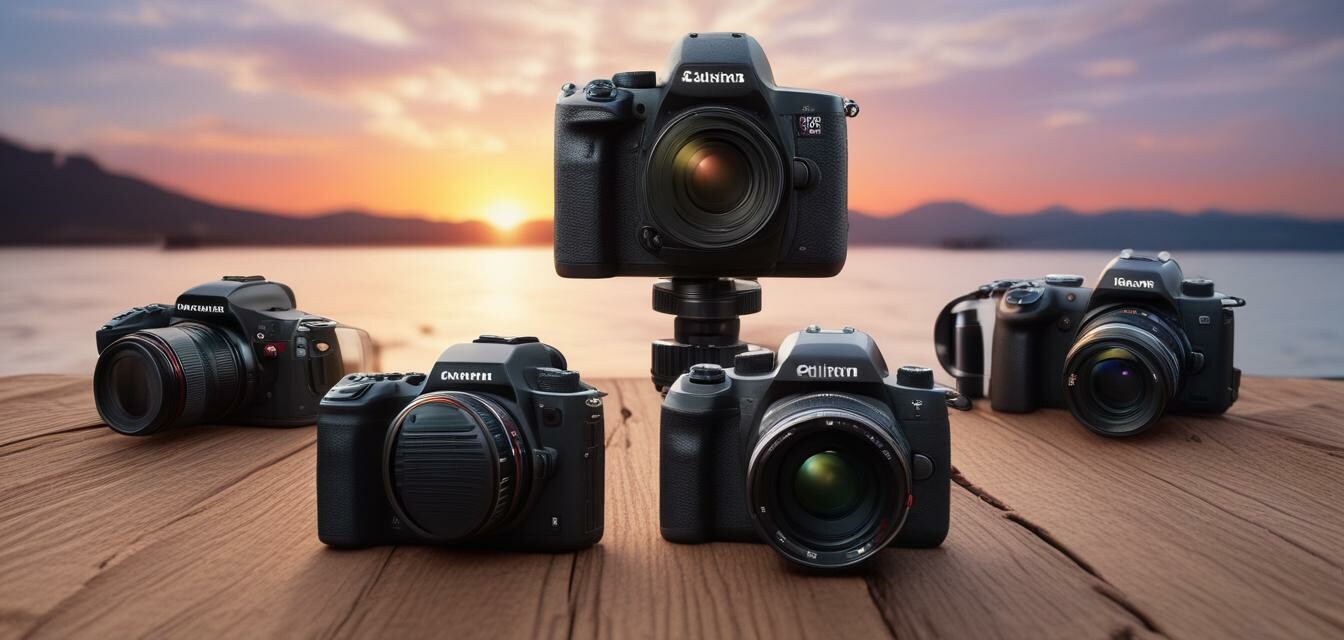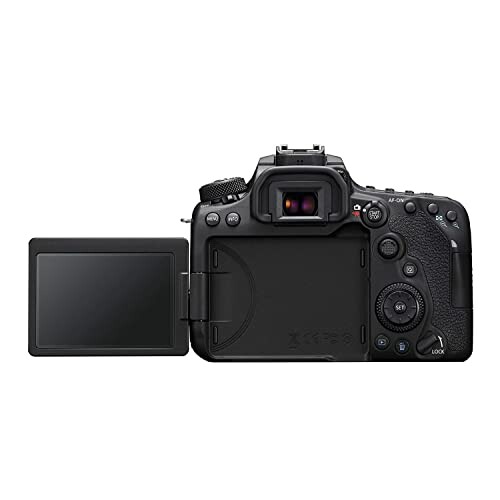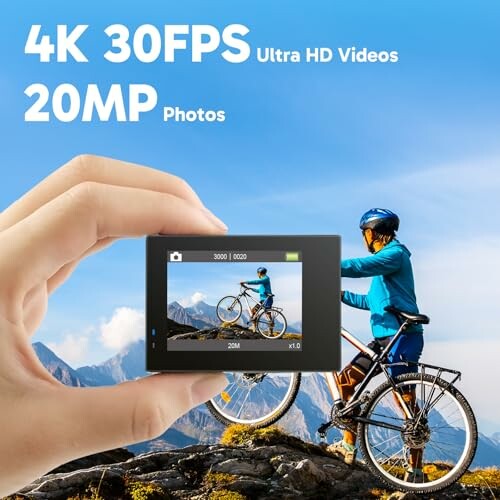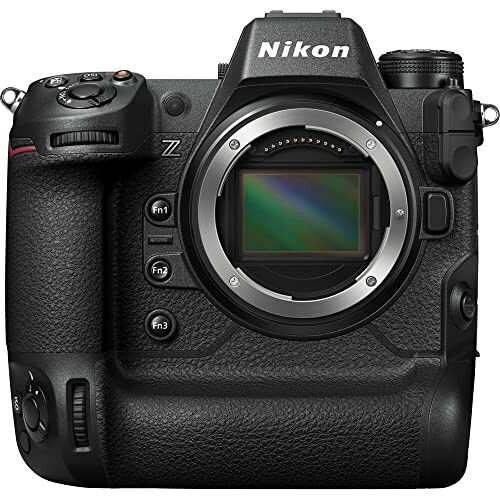
Comparing Mirrorless and DSLR Cameras
- Mirrorless cameras are typically smaller and lighter than DSLR cameras.
- DSLRs have a long-standing reputation for image quality and performance.
- Both camera types have unique features that cater to different types of photographers.
- Choosing between these formats ultimately depends on personal needs and preferences.
Introduction
As the world of photography continues to evolve, new technologies emerge that cater to the diverse needs of photographers. Two notable contenders in the market are mirrorless and DSLR cameras. Both camera types have their unique advantages and disadvantages. This article provides an in-depth analysis comparing mirrorless and DSLR cameras, outlining pros and cons to help you make informed decisions based on your needs.
What is a DSLR Camera?
Digital Single-Lens Reflex (DSLR) cameras use a mirror mechanism that reflects light from the lens up into an optical viewfinder. This technology has been around for decades and has proved its reliability among professional and amateur photographers alike.
Pros of DSLR Cameras
Pros
- Excellent battery life, often lasting for thousands of shots.
- Variety of lenses available, including many high-quality options.
- More robust autofocus systems for still photography.
- Comfortable ergonomics for extended shooting sessions.
- Wider selection of professional accessories.
Cons
- Typically bulkier and heavier than mirrorless cameras.
- Slower burst shooting speeds compared to mirrorless systems.
- Lag in live view mode due to mirror flipping.
What is a Mirrorless Camera?
Mirrorless cameras, as the name suggests, do not use a mirror mechanism. They utilize electronic viewfinders or LCD screens for composing images, which leads to a lighter and more compact design.
Pros of Mirrorless Cameras
Pros
- Compact and lightweight design, making them easier to carry.
- Real-time exposure preview through electronic viewfinders.
- Faster continuous shooting speeds, ideal for capturing action.
- Advanced video capabilities in many models.
- Growing selection of lenses and accessories.
Cons
- Shorter battery life relative to DSLRs.
- Less robust autofocus for still photography in older models.
- Less optical viewfinder experience, which some photographers prefer.
Comparison Table: Mirrorless vs. DSLR
| Feature | DSLR Cameras | Mirrorless Cameras |
|---|---|---|
| Size & Weight | Larger and heavier | Smaller and lighter |
| Battery Life | Longer battery life | Shorter battery life |
| Autofocus Speed | Robust for stills | Better for video and continuous shooting |
| Viewfinder | Optical viewfinder | Electronic viewfinder or LCD |
| Video Capabilities | Good, but often limited | Advanced video features |
Top Choices for DSLR and Mirrorless Cameras
Canon DSLR Camera [EOS 90D]
Features a 32.5 Megapixel CMOS sensor, 4K video, and a flexible vari-angle touchscreen, perfect for any photography enthusiast.
Learn MoreAKASO Brave 4 Action Camera
This 4K action camera captures your adventures with stunning quality and features, including waterproof casing and image stabilization.
Learn MoreNikon Z9 Mirrorless Camera
A flagship mirrorless camera featuring superior autofocus, robust connectivity, and outstanding image quality, perfect for professionals.
Learn MoreConclusion
When it comes to choosing between mirrorless and DSLR cameras, the decision hinges on personal preference and specific photographic needs. While DSLRs provide exceptional battery life and robust performance, mirrorless cameras shine with their compact design and advanced video capabilities. Knowing the pros and cons of each will empower you to choose the best camera to unleash your creative potential.
Tips for Choosing Your Camera
- Assess your photography needs: Consider whether you prioritize stills or video, portability, or battery life.
- Test out both types: If possible, visit a store to handle different camera models and see which feels most comfortable.
- Research lens options: Ensure the camera system you choose has lenses that fit your shooting style.
- Read reviews: Look into user experiences and expert reviews to gauge performance metrics and features.


